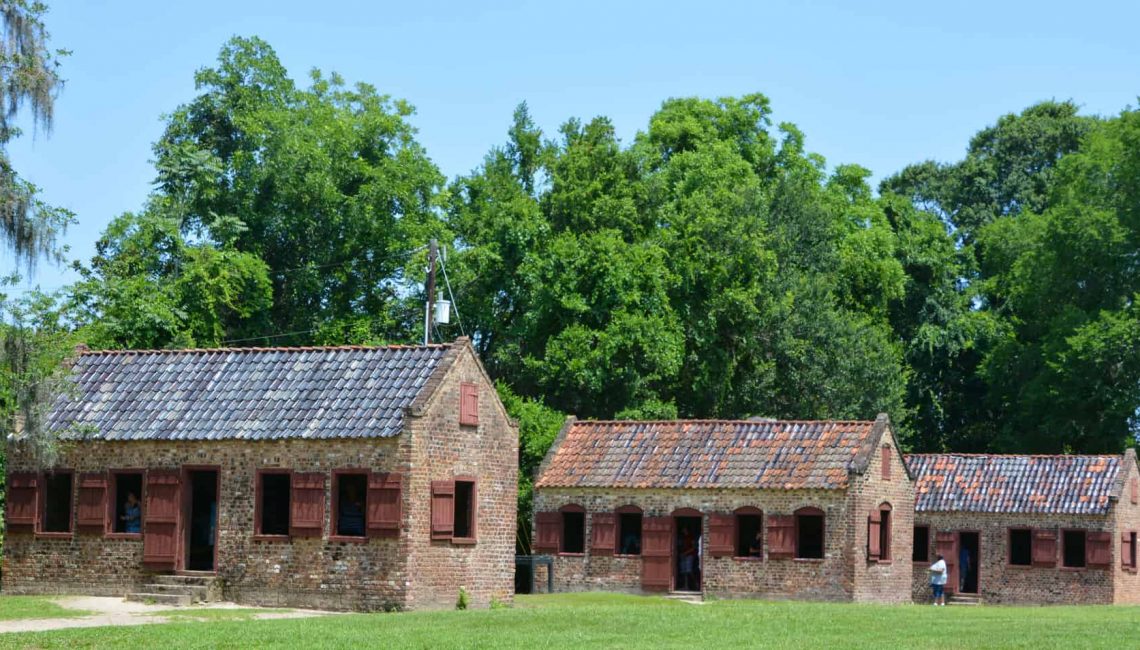There’s been a lot of talk lately about the legacy of slavery, and this son of a Cotton Kingdom slaveholder wants to be sure everyone understands the gravity of the issue. I sometimes get the feeling that a lot of people use the term slavery like a buzz word without really knowing what it entailed or how horrible it was, and why it constitutes such a stain on our country. As someone who grew up on an antebellum Alabama cotton plantation at the height of the Cotton Kingdom (if the Confederacy was the worst cause that ever was, the Cotton Kingdom was the worse business enterprise that ever was!), if there’s anything I’m an expert on it’s slavery, or as it was euphemistically known at the time, the South’s “peculiar institution.” I’m here to tell you that it wasn’t “peculiar,” it was abominably cruel and evil, and motivated by phenomenal greed. And what were commonly called “plantations” (you know, moonlight and magnolias, mint julips, and all of that) were really work camps, as in prison camps with forced labor, otherwise known as concentration camps.
Do you have any idea what it’s like to work in a cotton field in the deep South in the middle of summer? What it does to you to work from sunup to sundown six days a week and only get Sundays off so you can listen to the white man’s preacher tell you it’s God’s will that you’re condemned to slavery, but IF you toil loyally away for the master you can go to Heaven when you meet your maker? I didn’t have to sit through those horrible sermons (the white folk’s preachers were bad enough, thank you!) but I did work in the fields of my family’s cotton farm (I only use the term “farm” rather than plantation lest I appear uppity by the standards of the day) from when I was in my early teens until the week before I went off to West Point to become a soldier, although admittedly I never worked when school was in session or when my Mama claimed it was too hot. “You don’t have dark skin like the Negroes,” she would say. “You’ll burn up.” That’s what everyone used to say, that Negroes were better suited to working in the fields than white folks and therefore didn’t suffer so badly. It was generally left unsaid that the entire Cotton Kingdom, and thus a good portion of the whole American economy, could not have existed without Negro labor, but I’ll leave that for another time. Maybe it’s true that Negroes’ dark skin doesn’t burn so easily, but it doesn’t mean they can’t die of heat prostration, never mind malaria or yellow fever, or just plain suffer miserably in what today is known as a “heat index” over 120 degrees.
My point is that too many people, African Americans who count slaves among their ancestors included, don’t realize how truly horrible life in bondage was. There were a relatively small number of house slaves, but the majority toiled away in the cotton fields, or even worse the sugar fields and mills, the latter of which spelled near certain death. Too many people think that American slavery was just one group of people forced to work for another against their will. If that were the case, slavery would still have been extremely wrong and unjust, but the reality was far worse than that—slavery in the cotton fields of the deep South was truly a crime against humanity.
